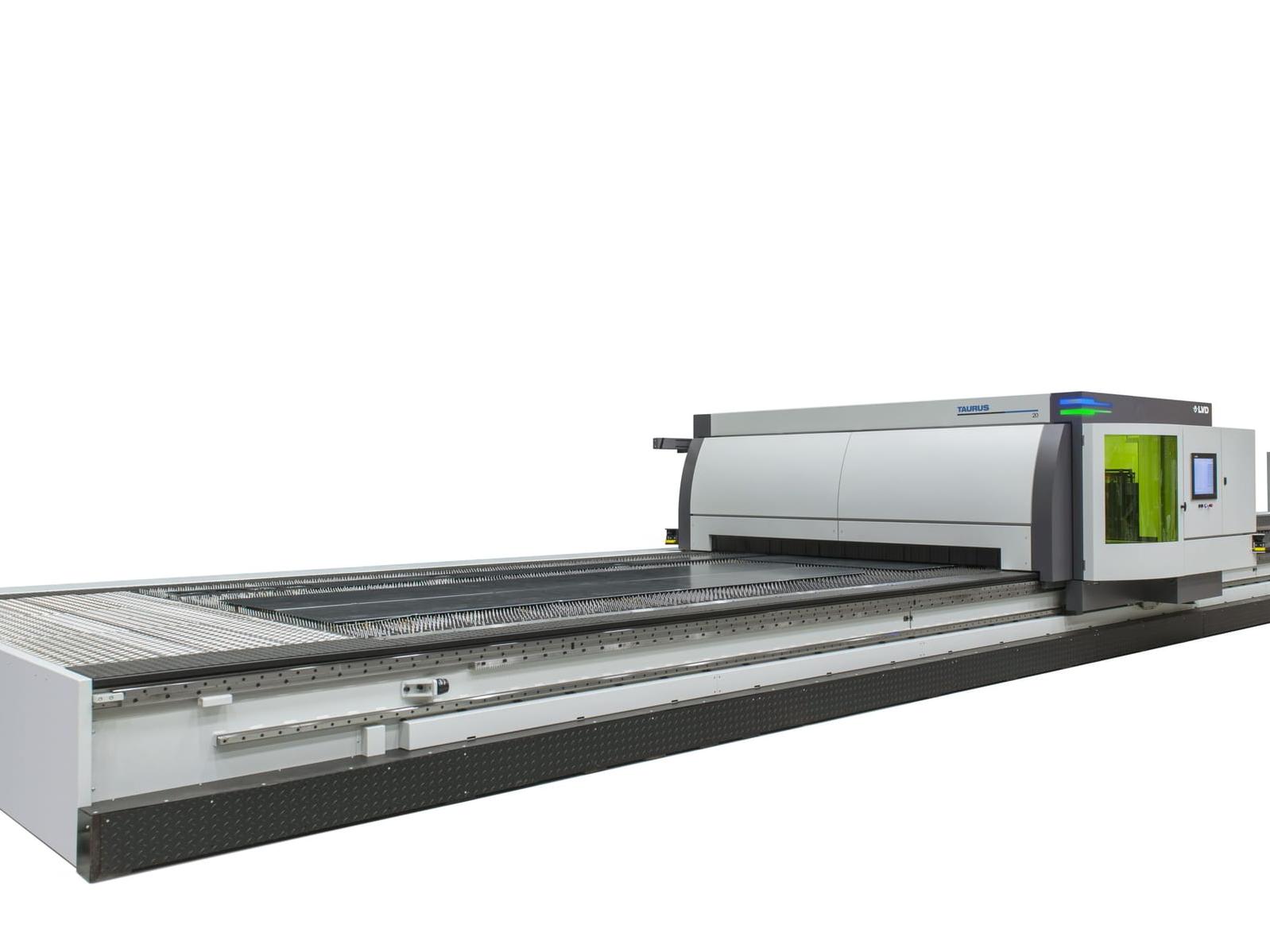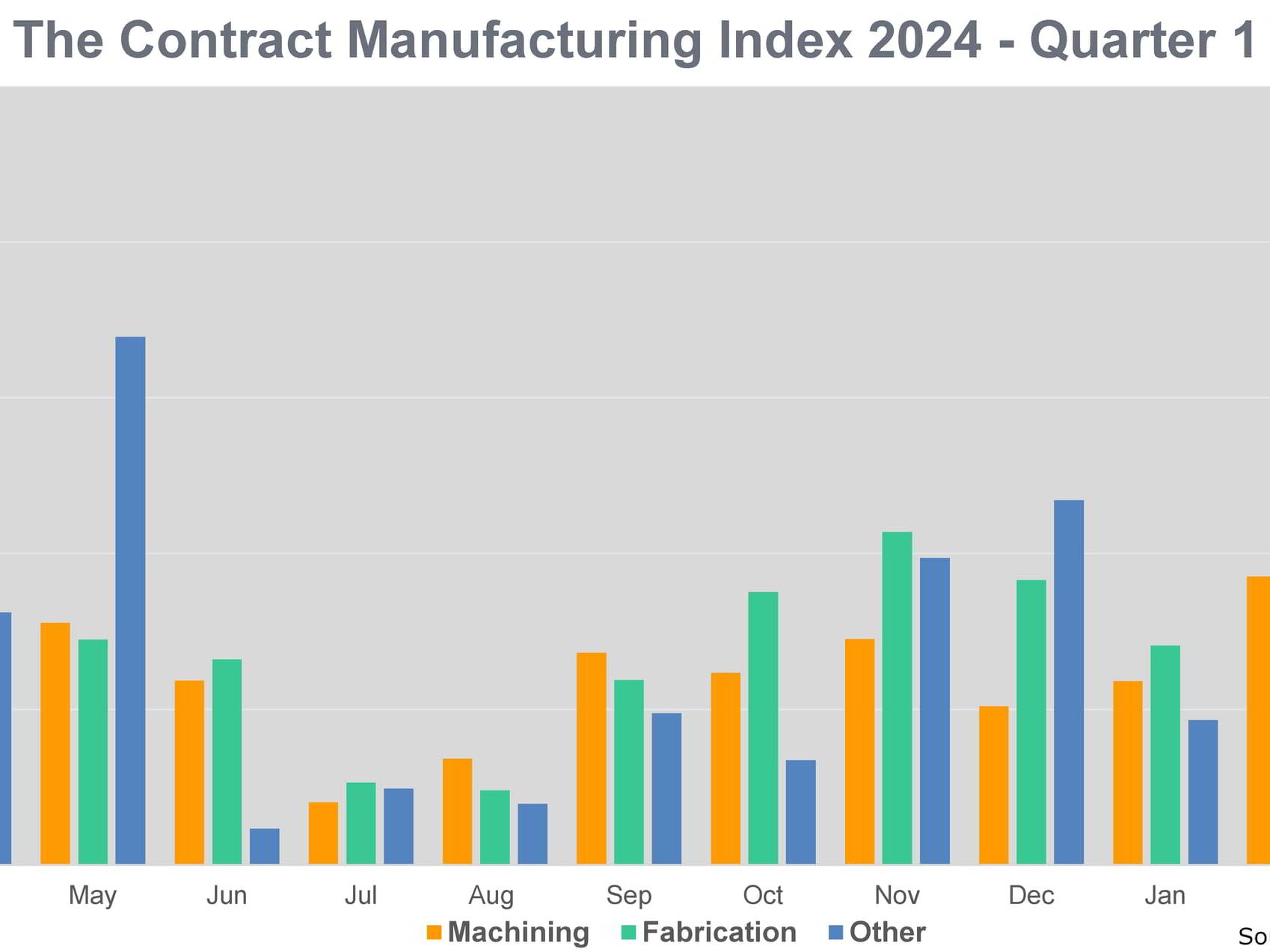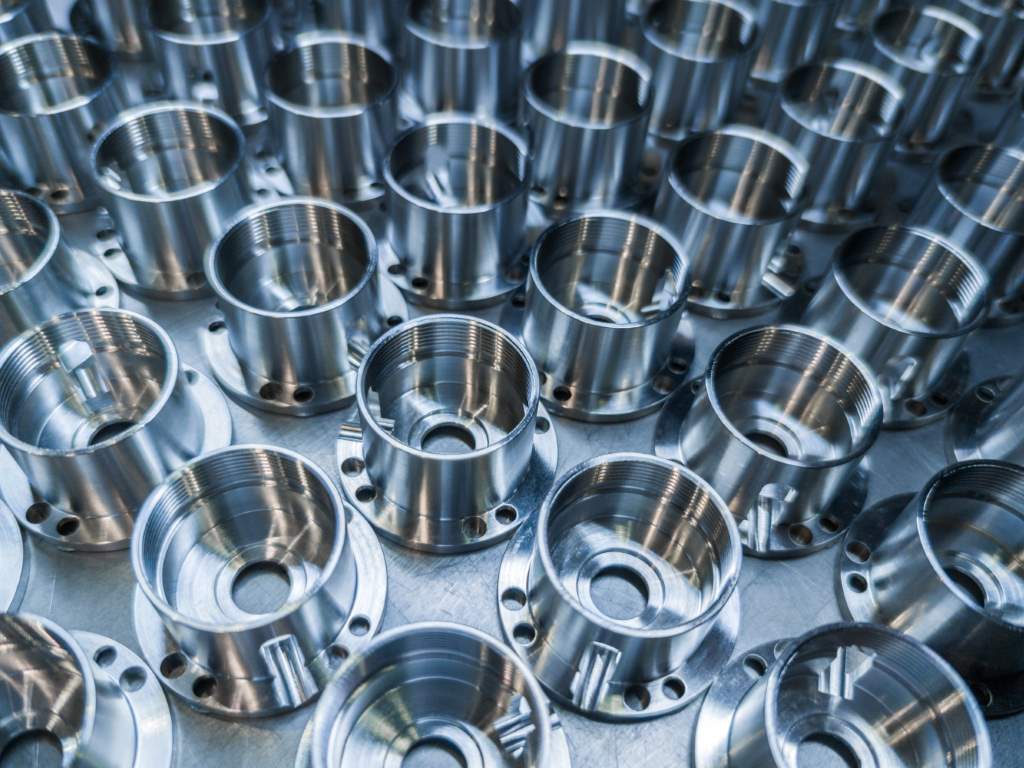Additive manufacturing cuts assembly tool production time for GKN Aerospace

GKN Aerospace is improving production times and removing design constraints for multiple tooling applications since integrating additive manufacturing at its Filton manufacturing site in the UK. GKN serves over 90% of the world’s aircraft and engine manufacturers with aerostructures, engine systems and technologies.
According to Tim Hope, additive manufacturing centre manager, at GKN Aerospace, the company decided to invest in a Stratasys F900 production 3D printer in a bid to cut lead-times for production line tools, and to create complex parts, impossible to make with traditional manufacturing methods.
“Since integrating the F900, we have dramatically reduced production line downtime for certain teams and are enjoying a newfound freedom to design complex tools,” he said.
Traditionally, the lead-time required to produce a metal or plastic replacement tool is several weeks. Now, with the ability to use an in-house production 3D printer to do the same job, the replacement burden has been removed and the responsiveness to manufacturing requirements improved.
“We can now cost-effectively produce tools for our operators within three hours,” Mr Hope explained. “This saves critical production time, and by printing in engineering-grade thermoplastics, we can produce 3D printed tools with repeatable, predictable quality every time. All while matching the quality of a traditionally-produced tool, and reducing the costs and concessions compared to equivalent metallic tooling.”
While GKN Aerospace is using a standard thermoplastic today, it is experimenting with Stratasys’ high-strength, heat-resistant ULTEM 1010 resin material for these applications.
In addition, GKN Aerospace is reporting unprecedented levels of design freedom since investing in the Stratasys F900 into its operations: “One of the key benefits of additive manufacturing is the creative freedom this technology affords users,” Mr Hope added.
“The F900 offers the largest build-size of any FDM 3D printer enabling us to rapidly produce tools to meet any requirements. Most notably, complex geometries and cavities that would otherwise be problematic are now practical with the F900.”
In addition to design freedom benefits, GKN Aerospace has also seen a 40% decrease in material waste.
Mr Hope anticipates a greater move towards the use of FDM additive manufacturing to produce high-value, flight-critical, end-use composite parts: “GKN Aerospace’s product range is vast, and we see large-scale FDM and carbon-reinforced parts as the future of additive manufacturing in aerospace,” he concluded.
Stratasys www.stratasys.com
GKN Aerospace www.gkn.com














